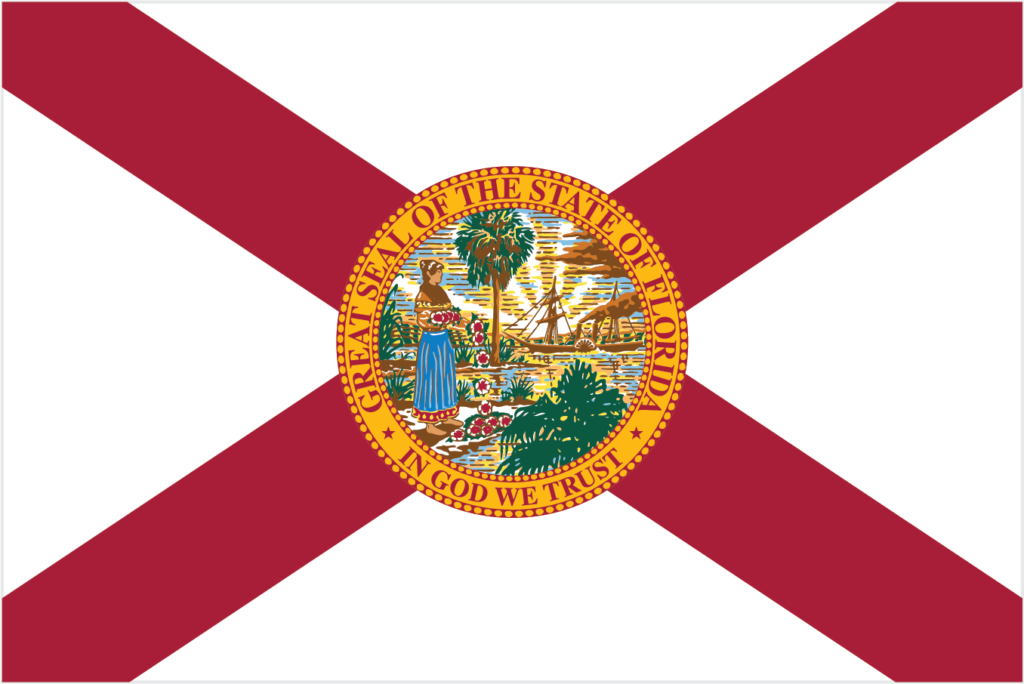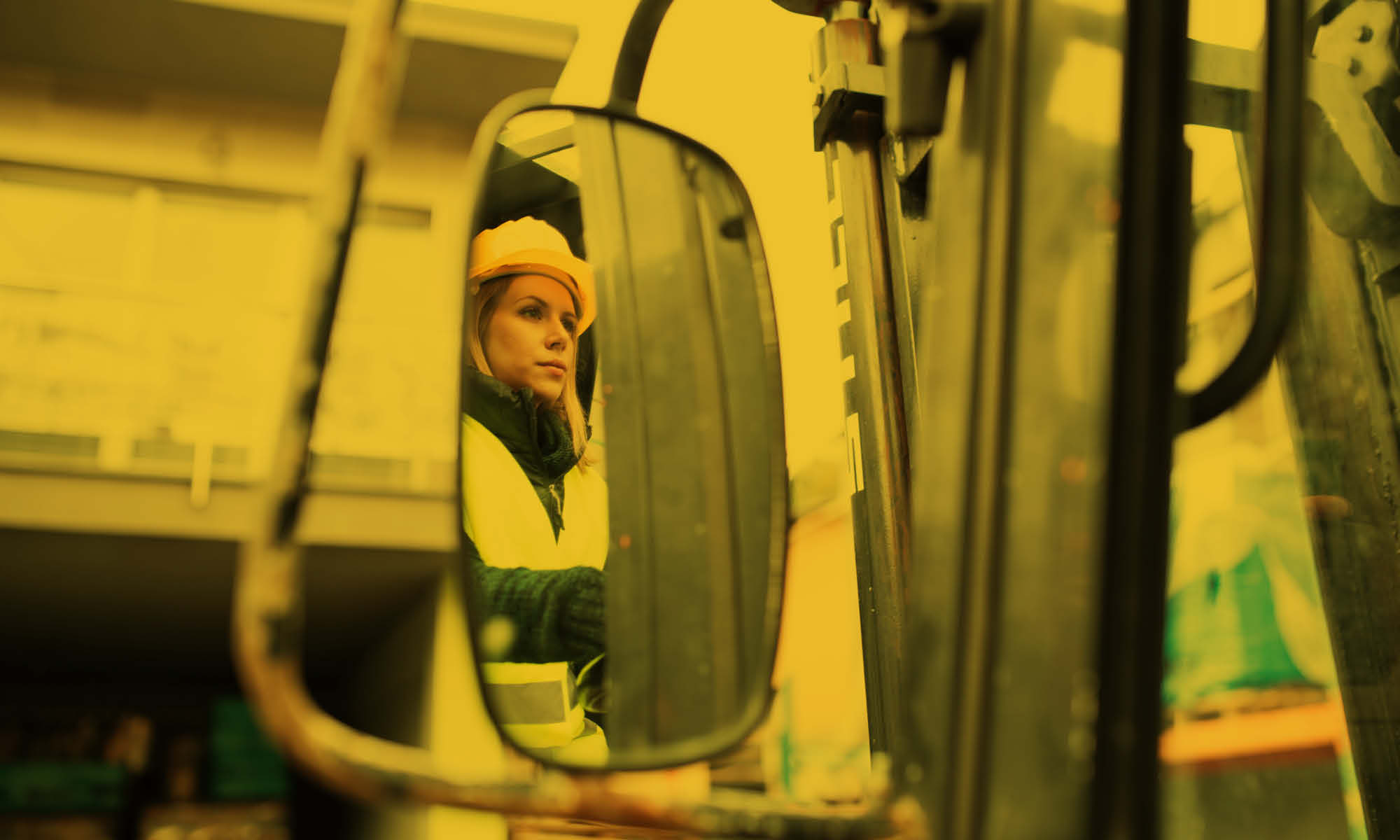
Seeking to survey Florida’s occupational licensing regulations for unreasonably onerous provisions, Florida Gov. Ron DeSantis recently held a one-day “Florida Deregathon” workshop at Valencia College in Orlando.
Seventeen of Florida’s 23 licensing boards had representatives in attendance to respond to the challenge posed by DeSantis in his invitation letter to the event: “Our expectation is that each board arrives prepared to roll-up its sleeves, discuss, debate, identify and recommend substantive regulations that can be targeted for immediate elimination,” wrote the governor. “We know that small business is the engine that drives Florida’s economic success. And yet unreasonable and needless regulations create a drag on our economic growth, stifle competition and keep hard working Floridians out of the labor pool.”1
The regulatory intent of occupational licensure is to safeguard the public from incompetent practitioners and foster information symmetry between consumers and producers. However, occupational licensure has faced contempt from both politicians and theoretical economists over the years, contending that it needlessly inhibits economic activity by stifling market entry into occupations, driving up prices, and discouraging geographic relocation for work.
Indeed, the data suggests this phenomenon is realized in the real world. A recent National Bureau of Economic Research working paper found that occupational licensure reduces labor supply by an average of 17 to 27 percent.2 The result of this is forgone wages and tax revenue. This indicates that, provided adequate public protection is maintained, shrewd occupational licensing reform could bring these unrealized benefits to fruition, increasing the welfare of society.
While the Florida board members were not expected to hold any official votes at the workshop, a host of prospective amendmentsaimed at reducing these harmful effects were discussed. The most prevalent included lightening continuing education, experience, and training requirements; reducing application fees and exam costs; extending renewal periods; and employing more generous recognition of out-of-state licenses.3
Similar measures have been the focus of recent, albeit largely unsuccessful, legislative efforts in Florida. Spearheaded by State Rep. Carlos Guillermo Smith, House Bill 1413 (2018), which died in subcommittee last year, would have instituted a two-year temporary endorsement of Puerto Rico licenses and certifications for migrants from the U.S. territory, many of which evacuated following Hurricane Maria in 2017.4
House Bill 15 (2018) sought more sweeping reform. The bill, which was passed by the Florida House of Representative but never made it out of the Senate, would have substantially diminished required training hours for licensees and outright repealed licensure for various occupations.5
House Bill 615 (2017) was one of the few legislative successes on this front, having been enacted in 2017. The bill emphasized licensure portability by allowing military members, spouses, and surviving spouses to obtain licensure in Florida, provided they are licensed in another state.6
The proliferation of occupational licensure in the U.S. has encouraged states to review best practices and evaluate the efficacy of existing regulations. CSG has played an instrumental role in facilitating this process. In 2017, CSG in partnership with NCSL and NGA launched a three-year project titled Occupational Licensing: Assessing State Policy and Practice. The aim of the undertaking is threefold: to help states improve their understanding of occupational licensure issues and best practices; identify current policies that create unnecessary barriers to labor market entry; and create an action plan that focuses on removing barriers to labor market entry and improves portability and reciprocity for selected occupations.
The “Florida Deregathon” event is another example of the growing appetite among states for reassessing their occupational licensing framework and increasing their commitment to ensuring that licensing provisions meaningfully protect the public, not gratuitously hinder economic productivity.
Sources:
- Governor Ron DeSantis Announces “Florida Deregathon” Event. January 2019. Retrieved from https://www.flgov.com/2019/01/24/governor-ron-desantis-announces-florida-deregathon-event/
- Blair, P. Q., & Chung, B. W. (2018). How Much of Barrier to Entry is Occupational Licensing? (No. w25262). National Bureau of Economic Research.
- Florida Deregathon. January 31, 2019. Retrieved from https://static1.squarespace.com/static/598a8562f43b55981f9a2f5a/t/5c59adfeec212d5c93d55734/1549381119220/DBPR+-+Deregathon+Power+Point_PDF+Version.pdf
- Florida State Senate. HB 1413: Temporary Licensure and Certification. 2018. Retrieved from http://www.flsenate.gov/Session/Bill/2018/1413
- Florida State Senate. HB 15: Deregulation of Professions and Occupations. 2018. Retrieved from https://www.flsenate.gov/Session/Bill/2018/00015/Category
- Florida State Senate. HB 615: Professional Regulation. 2017. Retrieved from https://www.flsenate.gov/Session/Bill/2017/615
This workforce product was funded by a grant awarded by the U.S. Department of Labor’s Employment and Training Administration. The product was created by the recipient and does not necessarily reflect the official position of the U.S. Department of Labor. The Department of Labor makes no guarantees, warranties, or assurances of any kind, express or implied, with respect to such information, including any information on linked sites and including, but not limited to, accuracy of the information or its completeness, timeliness, usefulness, adequacy, continued availability, or ownership. This product is copyrighted by The Council of State Governments.

